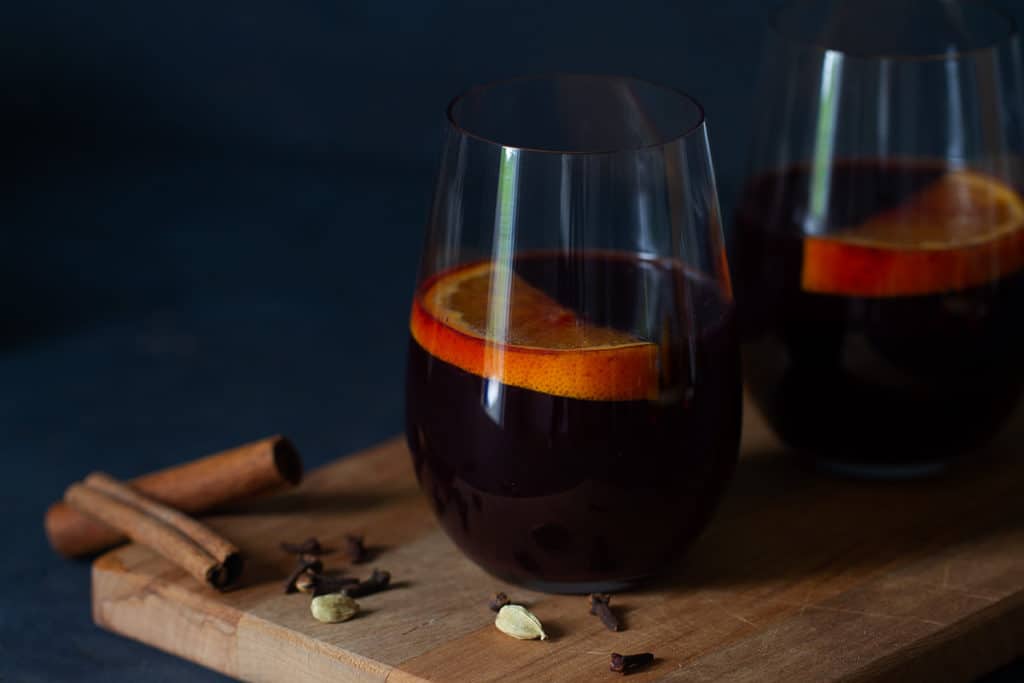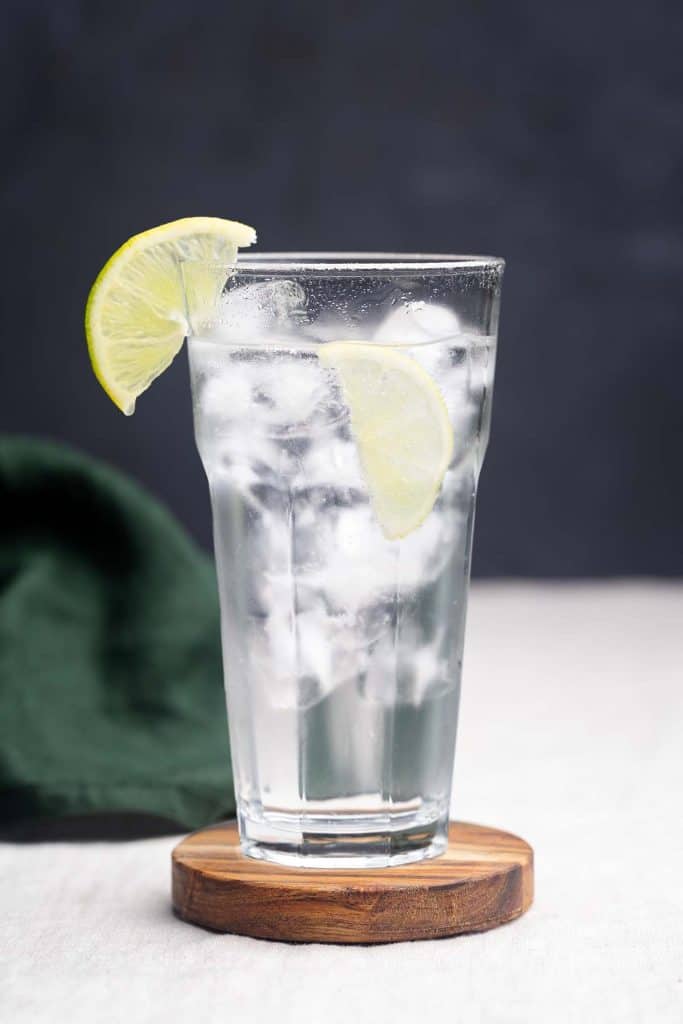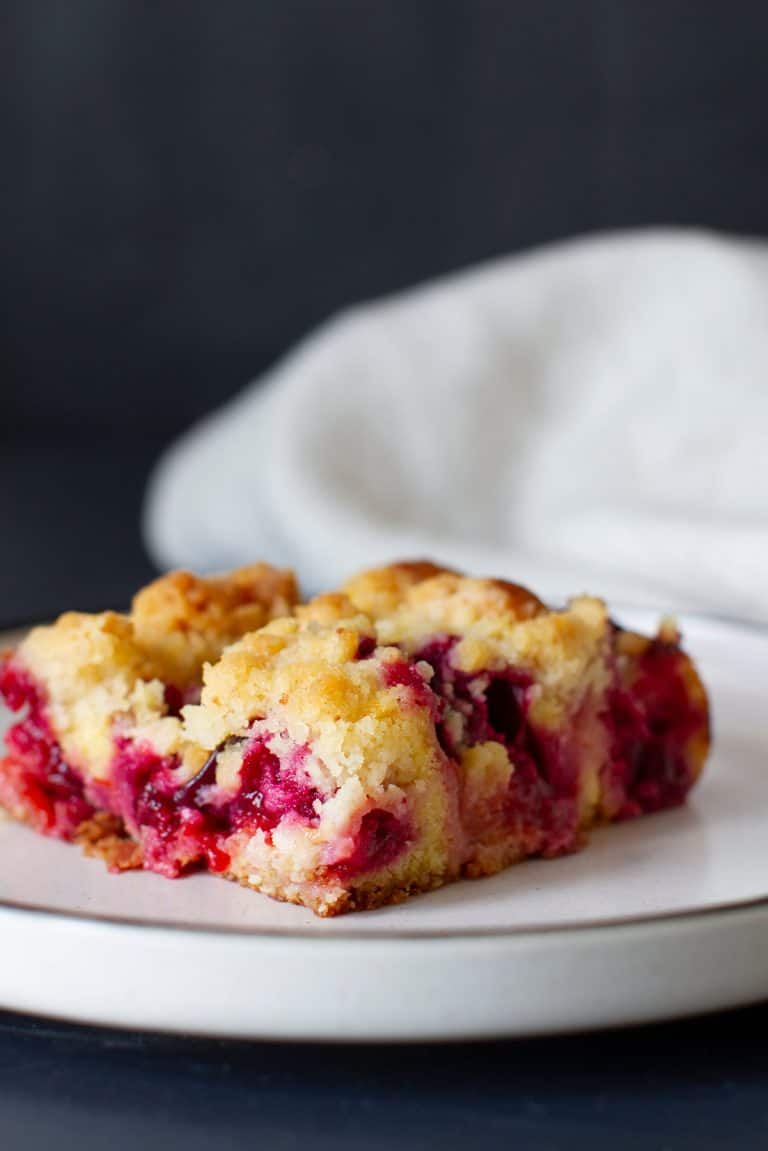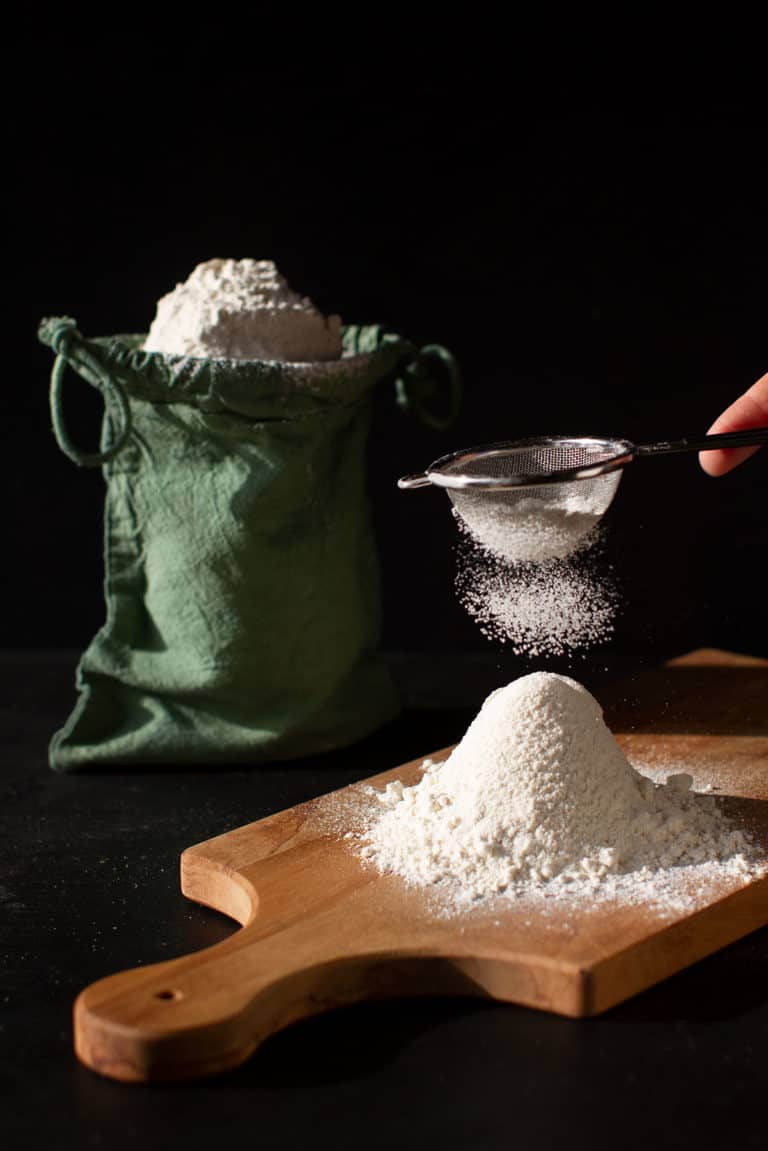20 Popular Non-Alcoholic German Drinks
Navigating the vibrant German beverage scene can confusing for foreigners. This article helps you discover 20 popular non-alcoholic German drinks so you can quench your thirst like a local when visiting Germany this year. By exploring these traditional alcohol-free German beverages, you’ll not only be able navigate drink menus with confidence but you’ll get a taste of the German culture.

Growing up in Germany I often get asked what food and drinks people should try when visiting, especially popular items on the beer garden menu. Savory dishes, cakes, and varieties of beer easily come to mind, forgetting that many tourists are faced with drink menus (aka Getränkekarte) featuring many non-alcoholic drink choices they have never heard of, especially when they’re travelling with kids.
20 Non-Alcoholic German Drinks
You can find a number of the following traditional alcohol-free drinks on every menu in German restaurants, bars, and cafés including:
- Soda water (Mineralwasser): Soda or sparkling water is the most popular non-alcoholic drink in Germany according to Statista. Germans enjoy the effervescence and the refreshing sensation that carbonated drinks provide and value the health benefits associated with mineral-rich water sources. Mineralwasser is considered a high-quality and trustworthy beverage choice.
- Apfelschorle: A real thirst quencher, Apfelschorle is made with apple juice and sparkling water. Ratios vary but 50/50 is a popular split.
- Spezi: A popular soft drink in Germany, it’s a mix of cola and orange soda. Coca-Cola and Fanta are commonly used to make Spezi but you can also buy premixed drinks such as Mezzo Mix.
- Orange juice (Orangensaft): Orange juice with or without pulp has become a staple in German breakfast culture. It is often served alongside other typical breakfast items like bread, cold cuts, cheese, and spreads.
- Cola (Kola): Cola drinks, including Coca-Cola and popular German brands such as Fritz Kola and Afri Kola, have a widespread appeal due to their familiar and enjoyable taste. They are often chosen as a refreshing and energizing option, offering a caffeine boost and a balanced sweetness.
- Kiba or Baki: A popular drink made from a mix of cherry juice (abbreviated Ki for Kirsche which means cherry) and banana juice (abbreviated Ba for banana). Depending on which juice is poured first into a large glass you’re either served a Kiba or Baki.
- Malt beverages: Vitamalz and Karamalz are non-alcoholic malt beverages that are popular in Germany, particularly among children and individuals who prefer non-alcoholic alternatives. They are enjoyed for their malty and slightly sweet flavor.
- Mate: Although it contains a small amount of caffeine, Mate is a popular German soft drink made from mate tea extract and other natural ingredients. Club Mate is the most popular brand.
- Rhubarb juice (Rhabarbersaft): Rhubarb juice is either enjoyed on its own or mixed with sparkling water. Premixed drinks are available for sale in Germany and often feature other flavors including
- Brause: Brause is a type of effervescent powdered drink that is typically mixed with water to create a refreshing beverage. Ahoj Brause is the most popular in Germany and it comes in a variety of flavors such as lemon, orange, raspberry, cola, and sweet woodruff (Waldmeister).
- Red Bull: As an energy drink that originated in Austria, Red Bull has become immensely popular in Germany thanks to its innovative marketing campaigns. It is known for its high caffeine content and stimulating effects.
- Ice tea (Eistee): Iced tea is available in various flavors such as peach, lemon, or berry. Lipton is a popular brand and you can buy iced tea premixed or in granules that get mixed with water.
- Multivitamin juice (Multivitaminsaft): Multivitamin juice is a popular choice for those seeking a concentrated source of essential vitamins and minerals. It is often consumed as a nutritional supplement or to boost the immune system.
- Elderflower syrup (Holunderblütensirup): Elderflower syrup mixed with water or soda water is a fragrant and sweet beverage that’s particularly popular during summer in Germany. Hugo is a popular alcoholic drink made with elderflower syrup.
- Filter coffee (Filterkaffee): Filter coffee has a long-standing tradition in German coffee culture. Germans prefer brewing their coffee at home using a coffee machine or a manual dripper. This way they can choose the type of coffee beans they prefer, the grind size, and the brewing strength to tailor the taste to their liking.
- Fanta: Originally created in Germany during World War II as a substitute for Coca-Cola due to the limited availability of ingredients, Fanta has evolved into a beloved and iconic brand. It is a well-known and widely enjoyed soft drink in Germany. It holds a significant place in the country’s beverage culture
- Capri-Sun (Capri-Sonne): Capri-Sonne is particularly beloved among children and families for its convenient and fun packaging. It comes in a variety of fruity flavors, such as orange, apple, and tropical, appealing to a wide range of taste preferences.
- Milk drinks: Nesquik and Kaba are two popular powdered mixes that can easily turn milk into a delicious beverage. Whether you prefer the classic chocolate taste of Nesquik or the variety of flavors including strawberry, vanilla, and banana offered by Kaba, these milk drink mixes are a great way to enhance your milk-drinking experience in Germany.
- Alcohol-free mulled wine (Kinderpunsch): Kinderpunsch, an alcohol-free version of traditional mulled wine, is a popular beverage in Germany, particularly during the holiday season.
- Almdudler: Almdudler is an Austrian soft drink but is also widely consumed in Germany. It has a distinctive taste, combining herbal flavors with lemon and apple. It’s a popular choice for those seeking a non-alcoholic and refreshing beverage.

German alcohol laws
Did you know every alcohol licensee in Germany must ensure that there is at least one non-alcoholic drink that is cheaper than the cheapest alcoholic drink? That’s why soda water is typically the cheapest item on the drinks menu followed by beer.
More German culture
Be sure to explore these additional articles on German food culture:






